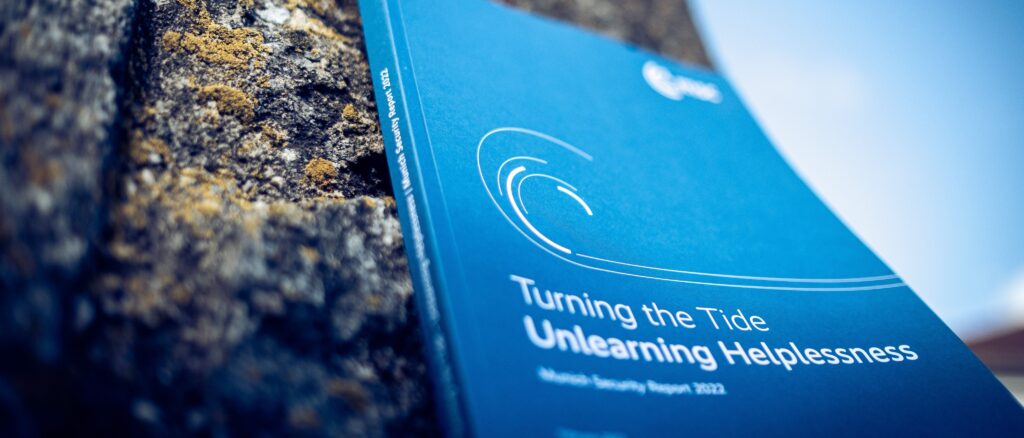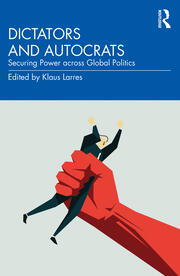 In the face of increasing geopolitical tensions, liberal democracies appear to feel particularly overwhelmed, according to Turning the Tide – Unlearning Helplessness, the latest Munich Security Report. Yet, despite the autocratic resurgence, the “combined power of the world’s liberal democracies is still unmatched,” it adds.
In the face of increasing geopolitical tensions, liberal democracies appear to feel particularly overwhelmed, according to Turning the Tide – Unlearning Helplessness, the latest Munich Security Report. Yet, despite the autocratic resurgence, the “combined power of the world’s liberal democracies is still unmatched,” it adds.
Transatlantic leaders need to demonstrate that both democracy as a system and alliances based on liberal values can deliver for their states’ citizens and the world at large. Collectively, they have the chance to turn the tide. Individually they risk being swept away, the report suggests:
 Some even believe that the future belongs to the techno-authoritarianism embodied by the Chinese model, where strong leaders with tight control of the population are supposed to make the best decisions for the collective. But while the perceived strength of autocracies may turn out to be shallow, democracies need to prove anew that they provide solutions and make a better, positive case for their system…
Some even believe that the future belongs to the techno-authoritarianism embodied by the Chinese model, where strong leaders with tight control of the population are supposed to make the best decisions for the collective. But while the perceived strength of autocracies may turn out to be shallow, democracies need to prove anew that they provide solutions and make a better, positive case for their system…
….. the authors add, citing Larry Diamond’s 2015 Journal of Democracy essay, “Facing Up to the Democratic Recession.”
If the world’s liberal democracies get stuck in collective helplessness, the danger is that illiberal ideas will carry the day and bring about a world in which key liberal values and human rights will suffer more and more, the authors add. However……
If history is any guide, it demonstrates that “democracies can cope with whatever
is thrown at them.” While the challenges are huge, the answer to the question of whether we will be able to cope with them will, to a significant degree, depend on our self-perception. Do we believe that we are collectively helpless? Or are we willing to use our resources to turn the tide because we can?
After all, despite the rise of autocratic powers, the combined power of the world’s liberal democracies is still unmatched today. Moreover, for all the policy areas discussed above, there are strategies, instruments, plans, and ideas available. The “transatlantic to-do list” is also a can-do list.
According to Alexander Cooley and Daniel Nexon’s The Real Crisis of Global Order, “the contemporary liberal order works better for authoritarian regimes than it does for liberal democracies,” the report adds:
Authoritarian states can curtail the effect on their populations of international civil society, multinational corporations, economic flows, and even the Internet much more effectively than can liberal democracies. Authoritarians can use the freedom of global flows—as afforded by liberal policies, whether economic or political—to advance their own illiberal influence. They do so while variously interdicting, excluding, and controlling cross-national flows of ideas, organizations, information, and money that might threaten their hold on power. RTWT
Despite the autocratic resurgence, the ‘combined power of the world’s liberal democracies is still unmatched,’ the @MunSecConf adds. https://t.co/2dltrGV8Pv
— Democracy Digest (@demdigest) February 15, 2022







